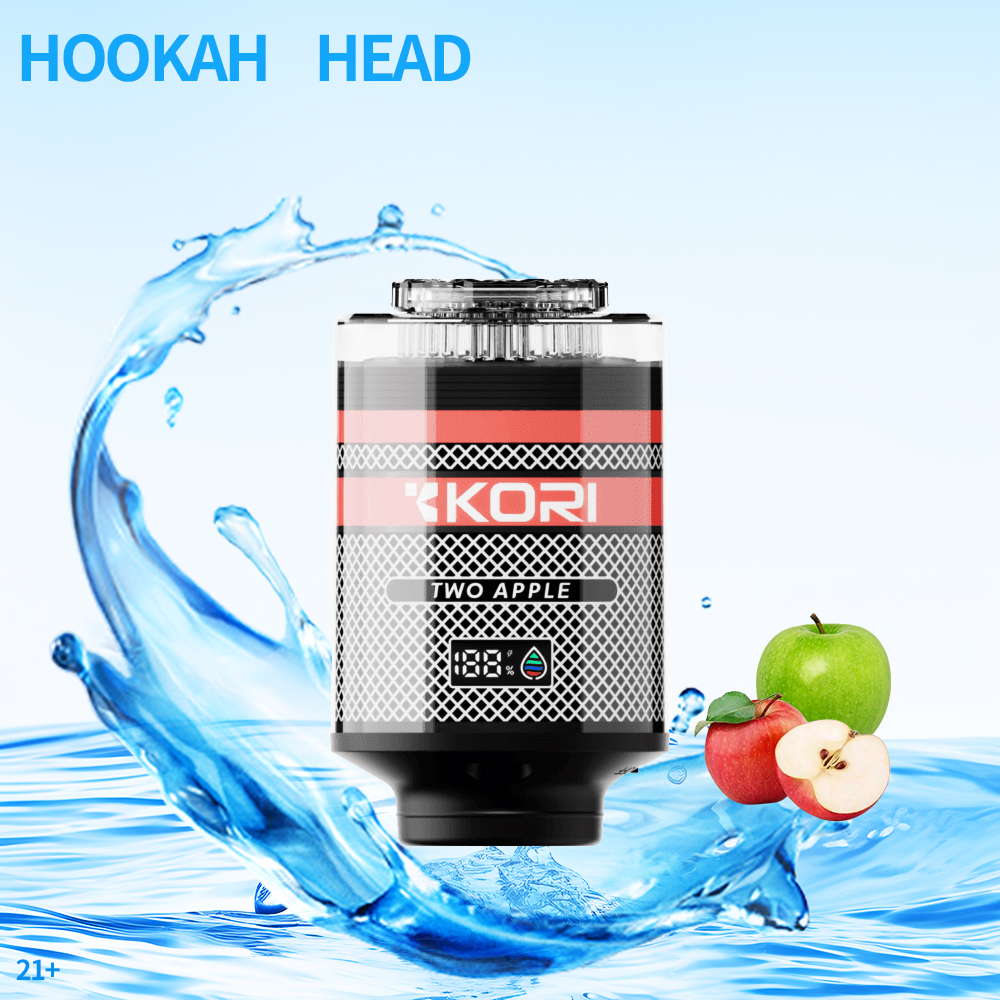What Happens to Unused and Defective Vapes? A Deep Dive into Vape Shop Practices
The vaping industry has surged in popularity over the last decade, bringing with it a plethora of vape shops dedicated to meeting the needs of both novice and experienced vapers. With this rapid growth comes a question that many might not consider: what happens to unused and defective vapes? In this article, we will explore the practices of vape shops regarding discarded or unsold products.
The Lifecycle of a Vape Device
To better understand how vape shops handle unused or defective vapes, it's important to first review the lifecycle of a vape device. Vapes are designed for consumer convenience. However, as with any product, not every unit will find a buyer. Some devices sit on store shelves for extended periods, while others may malfunction upon purchase. So, what happens when these products become problematic for retailers?
Stock Management: The Unsold Inventory
When a vape shop finds itself with unsold inventory, the first step often involves determining if the product can still be sold. Retailers might consider markdowns or promotions, particularly with trendy devices that may lose popularity over time. These practices help reduce the number of products that remain unsold.
Return Policies and Manufacturer Relationships
Vape shops often maintain relationships with manufacturers, allowing them to return defective or unsold stock. This often includes items that have been opened and tested but are nonfunctional. By returning these items, shops can reclaim some of their financial investment.
Disposal of Non-Retail Vape Products
For vapes that cannot be returned or sold, the disposal process becomes crucial. Vape shops must follow local regulations concerning electronic waste (e-waste) as improperly disposing of vapes can lead to environmental harm.
Recycling: A Responsible Approach
Recycling is one prevalent method for dealing with unused or damaged vape devices. Many vape shops participate in recycling programs that allow them to responsibly dispose of batteries and other components. These components can sometimes be reused in other products or properly dealt with to reduce environmental harm.
Community Outreach: Disposal Events
In some areas, vape shops may hold community disposal events where customers can return their unused or expired vapes. Such initiatives don't just help in the responsible disposal of products; they also educate customers about safe practices regarding electronic waste.
Legal and Environmental Considerations
As vaping regulations and environmental concerns continue to evolve, vape shops need to stay informed and compliant. Failure to manage inventory responsibly can invite scrutiny from local governments, impacting a shop's reputation and ability to operate. Most states require that electronic products be disposed of according to specific guidelines that prevent toxic materials from entering landfills.
The Rise of Eco-Friendly Alternatives
In response to the growing eco-consciousness among consumers, some manufacturers have begun producing vapes that are more environmentally friendly. These devices often use biodegradable materials or offer a refund on returned devices. However, this shift is still in its infancy and varies widely by brand.
Vape Shops on the Cutting Edge: Innovating Inventory Management
As the vaping market matures, so do the strategies employed by vape shops for managing their inventory. Advanced analytics and data tracking allow these businesses to optimize their stock levels, ensuring that they order the right number of devices without overstocking and facing undue waste later.
Leveraging Online Sales Platforms
Vape shops are increasingly moving towards online platforms. The ability to manage inventory online helps these stores reduce the number of physical products in store and allows for better tracking. If a particular model isn’t selling well, retailers can adjust their purchasing habits to avoid bringing in more units.
The Customer's Role in Vape Device Lifecycle
Finally, customers also play a role in the lifecycle of vape devices. Their buying habits can significantly influence how a vape shop manages its inventory. Education around responsible vaping practices can empower consumers to make better purchasing decisions, such as opting for quality over quantity and being conscientious about what they buy.
Customer Feedback Loops
Vape shops benefit significantly from customer feedback. Shops that encourage customers to report issues with devices they purchase can adjust their inventory practices promptly. This ensures that defective products are removed faster, reducing the chance they become waste.
A Call for Sustainable Practices in the Vape Industry
As the vaping community grows, the need for sustainable practices becomes more critical. Vape shops can positively impact their local environment by adopting innovative waste management strategies, engaging with their communities, and providing education on responsible vaping practices.
Industry-Wide Initiatives
Finally, collaborative efforts between manufacturers, retailers, and consumers will be crucial for developing sustainable practices within the vape industry. Advocacy for responsible design, true recycling opportunities, and continuous customer education will determine how the industry navigates the challenges of product disposal moving forward.





